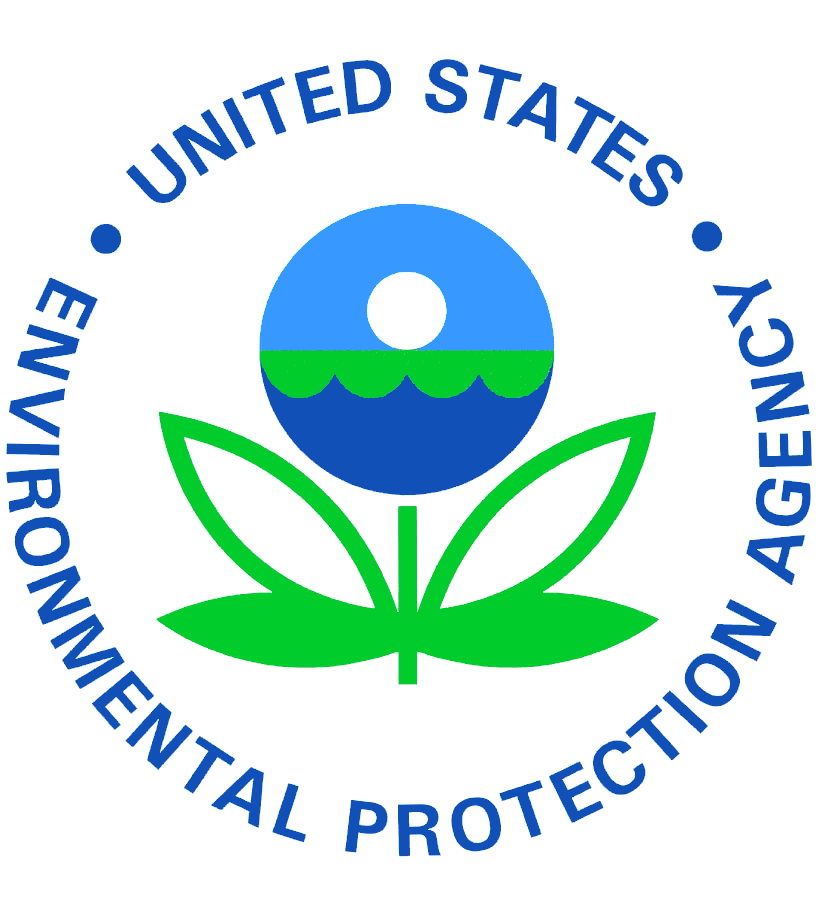
When politicians interfere with science, the scientific community tweets back.
Many scientists have raised concerns about communication bans imposed on government agencies which affect researchers’ ability to discuss their work with the public. President Trump has already removed information about climate change from the White House’s website, and a spokesman for his transition team said it is also reviewing the website of the Environmental Protection Agency.
Not all of the communication bans came directly from the Trump administration, and most have since been rescinded. But all came in rapid succession within the first week of Trump’s presidency. The Department of Agriculture, Department of Health and Human Services, Environmental Protection Agency, Department of the Interior, and National Park Service all imposed some form of communication ban.
Most of the memos, circulated internally, allowed for publication in academic journals and allowed department-approved media interviews, but prohibited more public forms of communicating research such as press releases, fact sheets, and social media content.
According to NPR, a number of unofficial, “rogue” Twitter accounts have been created to resemble official government department Twitter accounts, though most account managers claim not to be federal employees. Accounts such as @RogueNASA, @ActualEPAFacts, and @Alt_NASA have each gained more than 150,000 followers since their inception earlier this month.
Some, such as Jeff Ruch, executive director of Public Employees for Environmental Responsibility, said these types of communication bans are typical of transitioning administrations. Frequently, he said, the outgoing administrators makes last-minute changes to policies and rules that the new administrators want to review and reverse if necessary.
“What they are doing now is getting a hold of the regulatory mechanism, not only at Interior but all agencies,” Ruch said to the Wall Street Journal. “As far as we are concerned, that’s legitimate.”
Others, such as Andrew Rosenberg, former deputy director of the National Marine Fisheries Service under the Clinton administration and a director of the Union of Concerned Scientists nonprofit group, claim these communication bans give too much power over research to politicians.
“This isn’t normal,” Rosenberg said. “The idea scientific information should be vetted by the political people before it goes out doesn’t make sense.”
Regardless of the origins and intent of the communication bans, citizens should be wary of political influence on scientific research, whether it takes the form of a communication ban or not. In addition to overarching, hot-button issues such as climate change, researchers at agencies such as the EPA also provide valuable insight on issues such as air quality, chemical safety, and water pollution.
Public communication about these issues helps inform citizens about the ways they can minimize their own impact on the environment in ways that academic research journals and scientific conferences cannot. Constraining public dissemination of research prevents people from examining the evidence and conclusions for themselves, which can lead to misinformation and groundless convictions.
The recent communication bans, though temporary, serve as a reminder that there is no substitute for factual information, and changes in administration shouldn’t prohibit public research communication.
Ms. Jepsen is a junior studying biochemistry and journalism.

